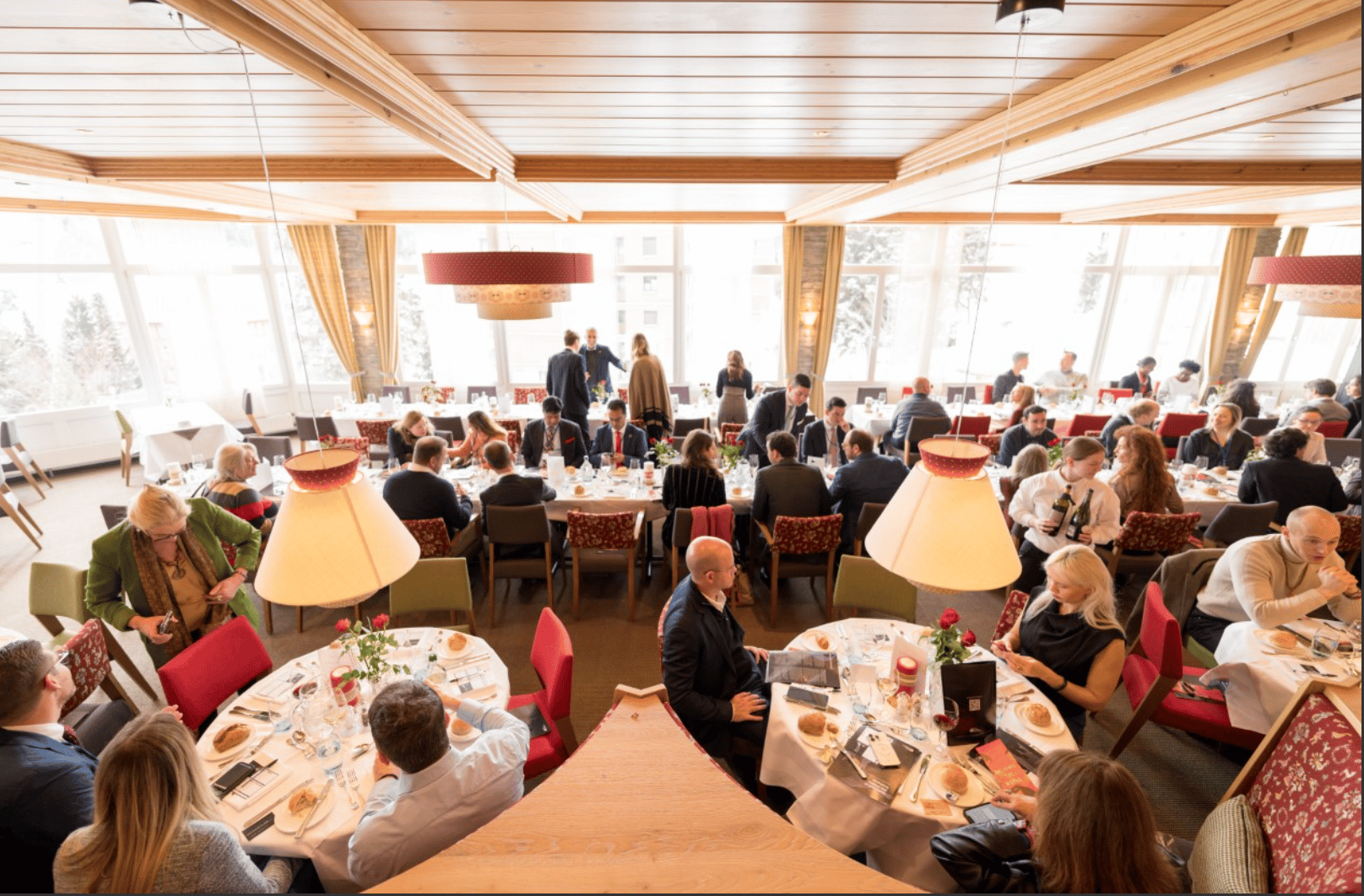At this year’s World Economic Forum gathering at Davos, Switzerland, in a quiet corner of the famed European town set in the mountains, where power courts purpose, a closed luncheon gathered to inaugurate a new vision of African development.
By Marie Shabaya
African development has been the subject of international attention in recent months. From US Treasury Secretary Janet Yellen’s recent Africa tour on the heels of similar state visits from Russian Foreign Minister, Sergey Lavrov, and his Chinese counterpart, Qin Gang, in January — the continent’s progress presents a ripe opportunity. However, past talks within this vein seem to have borne little fruit for the continent and its people.
A new movement, seeded at this year’s winter gathering of the World Economic Forum in Davos, named the Africa Coalition; framed by its conveners, The Digital Economist, a strategic advisory based in Washington D.C., and its Center of Excellence on Human-Centered Global Economy, along with institutional partners seeks to “…bring together African nations with innovators, visionaries and investors to kickstart game-changing non-extractive development initiatives.”
Only recently, at COP27, hosted by Egypt in late 2022, Africa’s ‘special needs and circumstances’ on climate action were redacted from the meeting agenda. In November, a groundbreaking resolution was made at the United Nations in New York on international tax cooperation led by a strong Nigerian delegation. However, this milestone grew from a setback. Similar talks on reforming the global tax system in favor of African countries started and faltered at the Organisation for Economic Co-operation and Development (OECD), which had been leading the conversation on international tax issues. These two instances reflect the failure of the international community to act on African interests – and the Coalition believes that more must be done to elevate the continent’s concerns on the global stage.
Loading...
“Africa is the most resource-rich continent. It has been exploited throughout history and indeed it is time for the voices of the Global South to find their clearest expression in Africa itself! If the continent is enabled and empowered to benefit from the value of its resources and – above all – its human potential, African societies can achieve the wealth, stability and wellbeing that are their fundamental rights,” iterates Satya Das, Head of the Center of Excellence on Human-Centered Global Economy at The Digital Economist.
The Africa Coalition received heavy attention among the Davos set – more than 700 of the most influential voices and players in African business, policy and civil society from around the world signaled interest. Eventually, only 150 were accommodated for the closed door session. It was standing room only when the roundtable discussions began. In the room were over 100 impact-driven organizations looking to shape this new African narrative, including representatives from BMW’s iVentures, the Bill & Melinda Gates Foundation, the Overseas Development Institute (ODI) and the Binance cryptocurrency exchange.
Among the delegates was Jackie Ugokwe, of the Bill & Melinda Gates Foundation, who emphasized the need for more collaboration in realizing this new African story of development. “It was a good combination of people across various sectors and various organizations [who got] together and [thought] about the challenges that Africa is facing; and the opportunities. One thing we seek at the Foundation is to find the opportunities to solve [these] challenges.”
With the continent now attracting interest from investors from around the world, members of the Africa Coalition are also advocating for more equitable platforms that focus on the empowerment of Africans. “We heard [about] the need to develop people and skills, independently. With technological advancement in Africa, this is the way forward,” says Kenyan-born Alexia Muteke-Ceppi, a business development leader in the Swiss hospitality sector. Tourism and hospitality remain a major industry
for much of the continent. Following the shocks of the Covid-19 pandemic, new avenues will be required to rebuild these sectors and technology will undoubtedly be a key lever.
Equivalent sentiments were shared by Jaan Altosaar, CEO of the One Fact Foundation, which is focused on building open source medical technology for the developing world. “We are committed to ensuring that the free AI we have built is implemented in healthcare systems in low- and middle-income countries. For example, this technology has been instrumental in our work detecting fractures in children’s X-Rays. We have already identified potential partners to help validate this technology in Malawi,” he explains.
The discussion also touched on often overlooked African industries. Kartik Ram, an investment professional with an eye on the continent, believes that a second glance at their production potential may be needed. “It’s important, in my opinion, to move beyond vanity metrics of population, poverty and parity to a more substantial analysis of specific economic sectors where Africa could be a valuable trading partner. African art is a prescient theme which remains underexplored and has global relevance. Africa as a sourcing partner for fashion and retail is another vertical opportunity where the continent can punch above its weight.”
The Africa Coalition will require sustained and growing momentum to achieve its founding ambitions. Convening these voices for change has been no small feat, but the work is just beginning.
“We are honored to act on the years-long calls for a more equitable platform during the World Economic Forum week at Davos,” says Navroop Sahdev, CEO of The Digital Economist, which will continue to drive the movement as it develops.
Loading...
